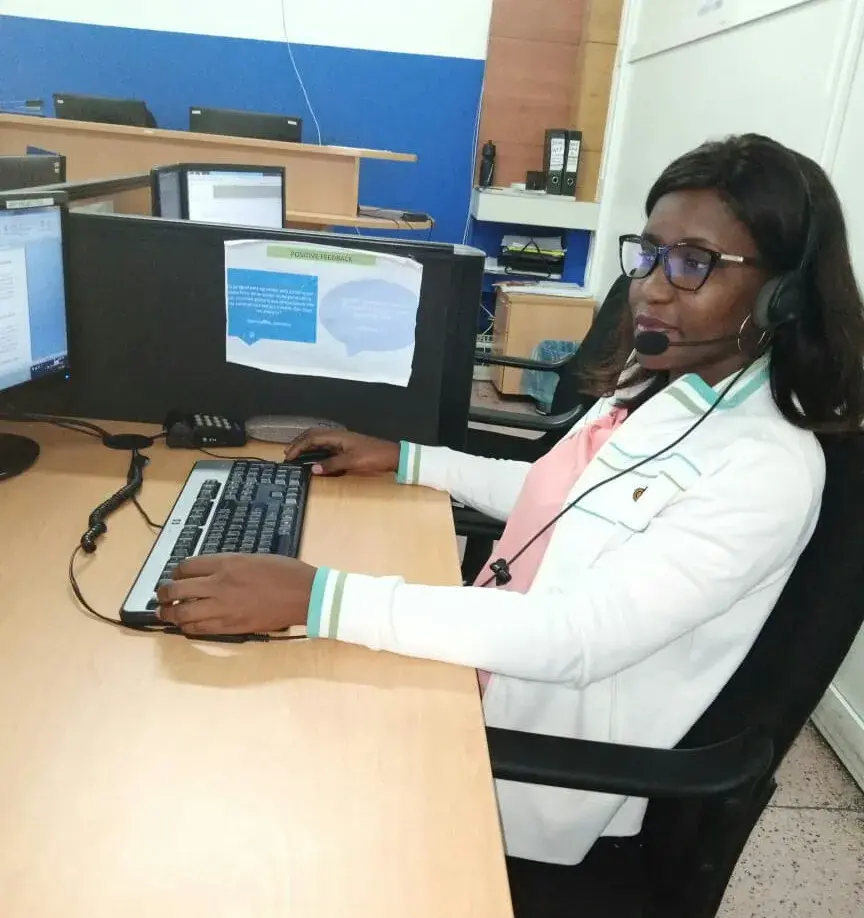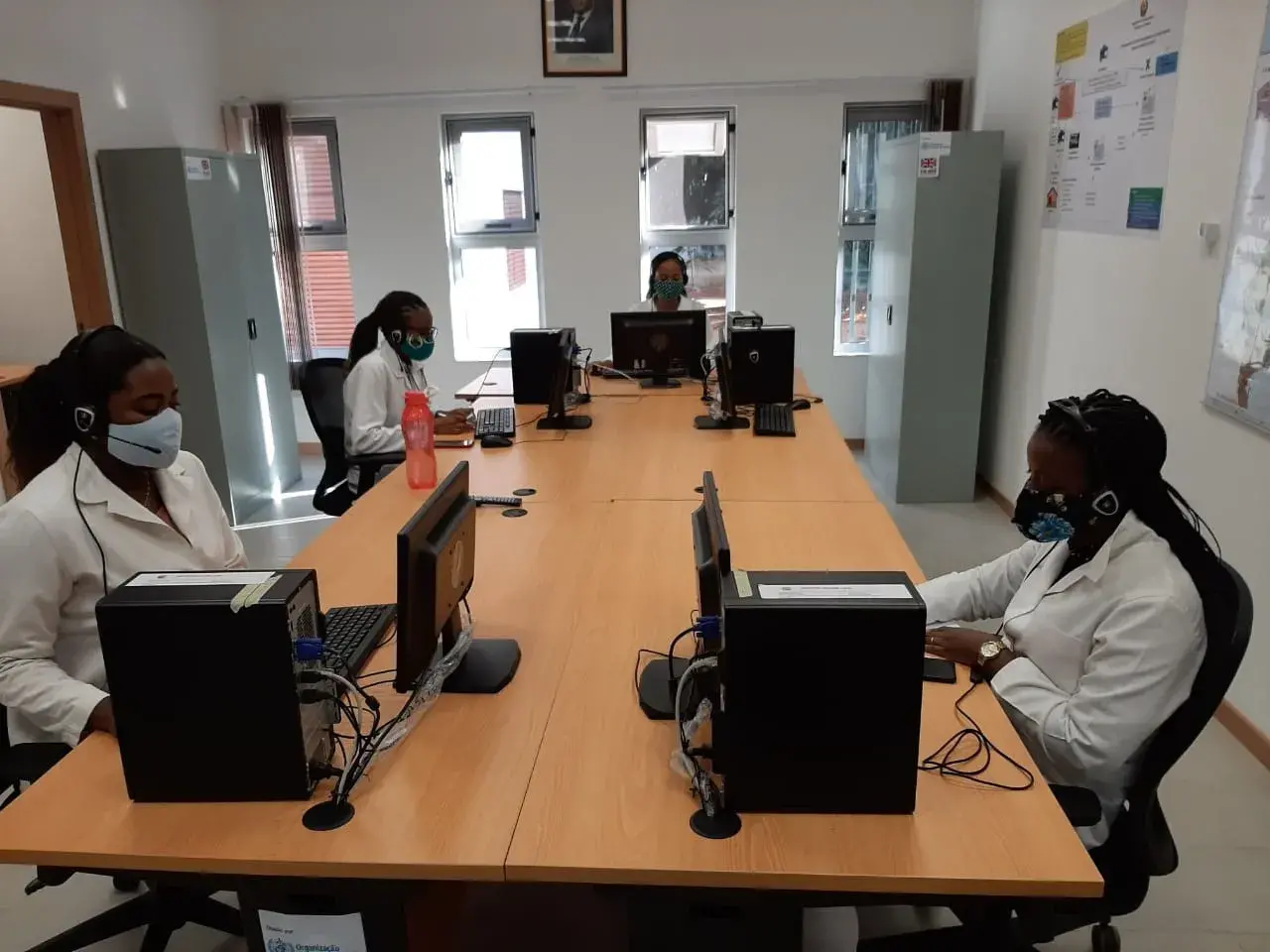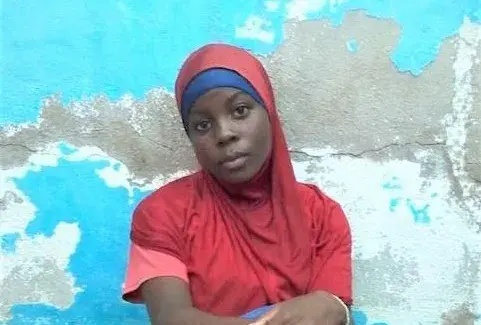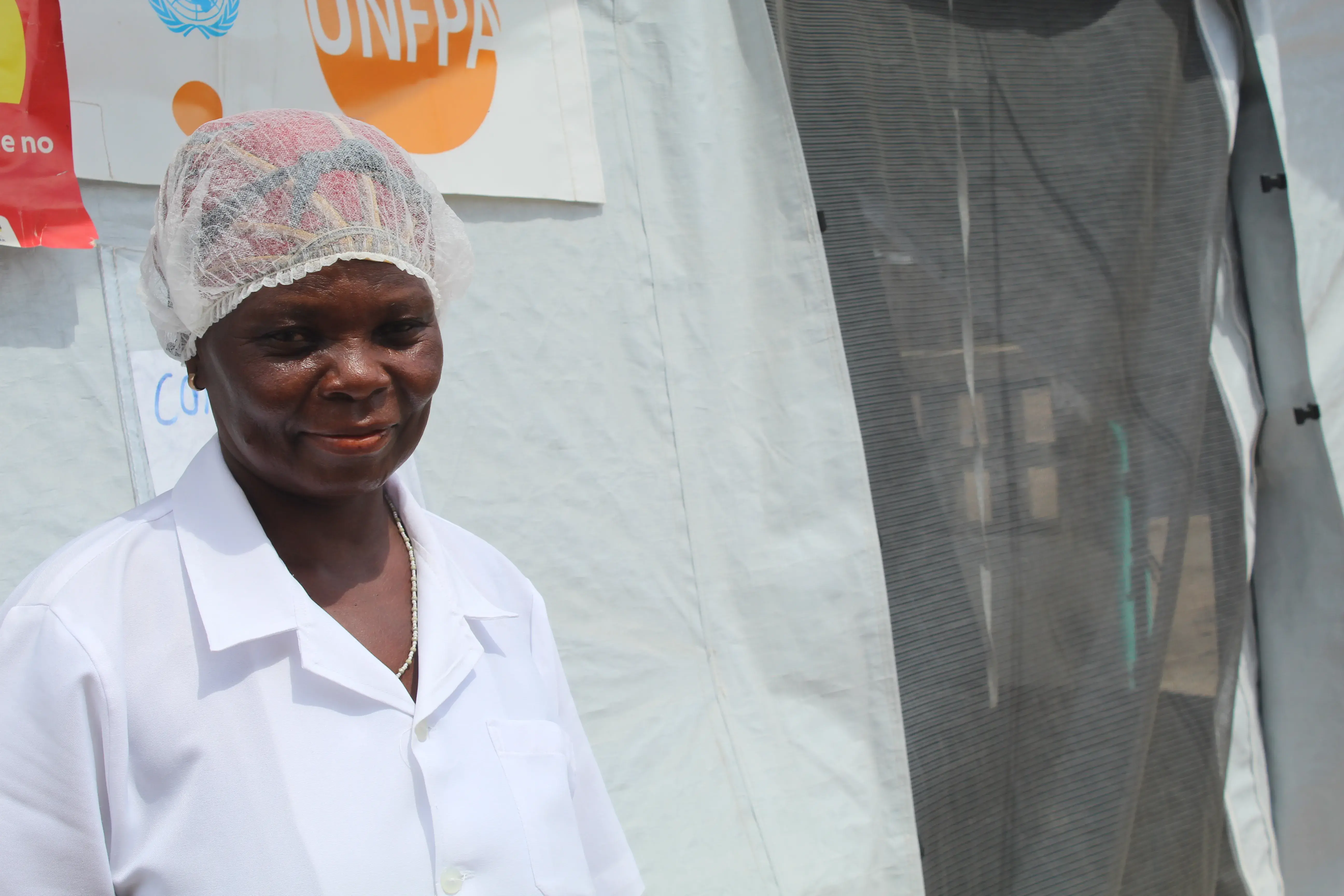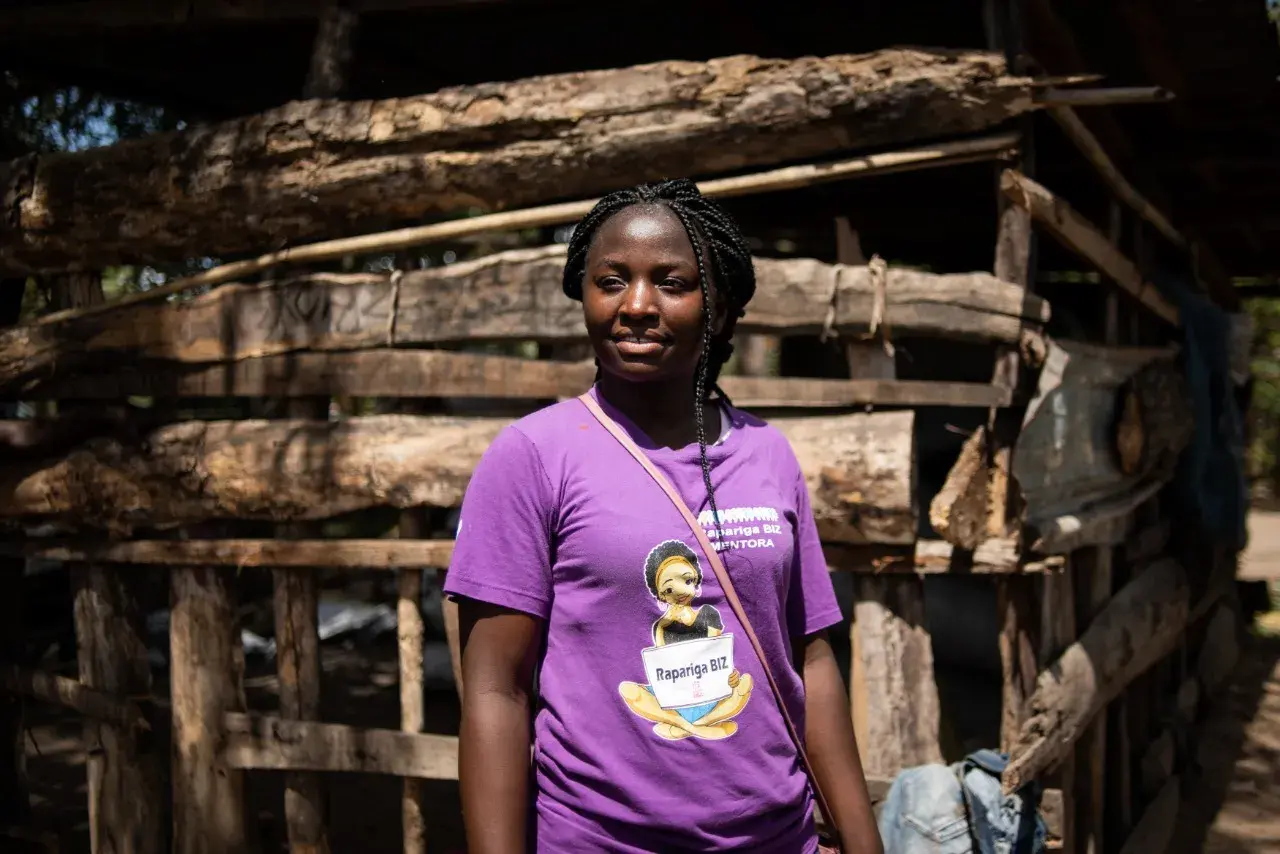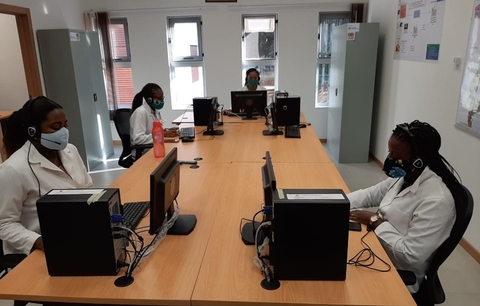COVID-19 Response
UNFPA Mozambique is supporting the Government of Mozambique to respond to COVID-19 with a focus on sexual and reproductive health and gender-based violence.
UNFPA Mozambique is working with partners in targeted provinces by procuring and distributing personal protective equipment and essential medicines, supporting community surveillance efforts, training service providers in how to respond to an increase in violence and provide psychosocial support, disseminating COVID-19 prevention and response messaging through innovative channels, campaigns and existing networks, among other key interventions.
As the COVID-19 pandemic continues, UNFPA has estimated the scale of the negative unintended consequences and potential impact in the country:
In Mozambique, based on a total of 2.5 million people who may need support as a result of COVID-19 impacts, UNFPA estimates that about 71,000 are pregnant women. Approximately 3,500 of all pregnant women who will give birth in the next three months and 4,700 newborns may experience complications inside and outside health centers.
Worldwide, the pandemic is severely disrupting access to life-saving sexual and reproductive health services, deepening existing gender inequalities, increasing gender-based violence, and worsening discrimination and barriers for marginalized groups. Sexual and reproductive health and rights is a significant public health issue that demands urgent and sustained attention and investment.


